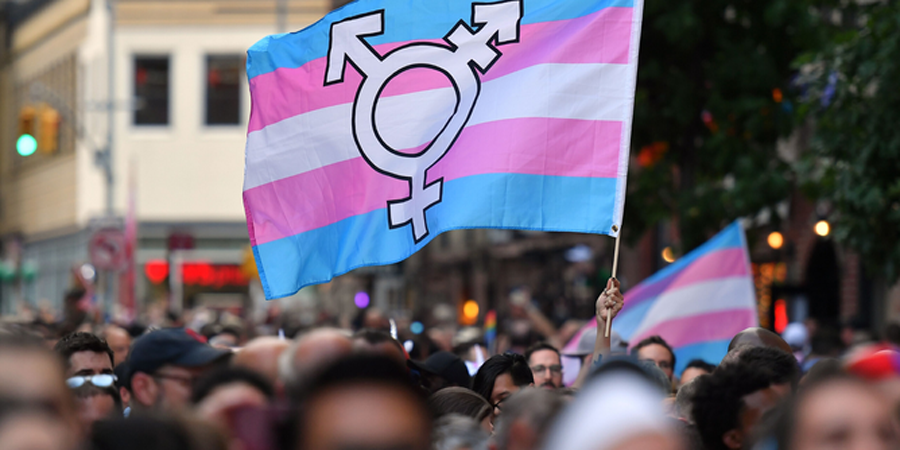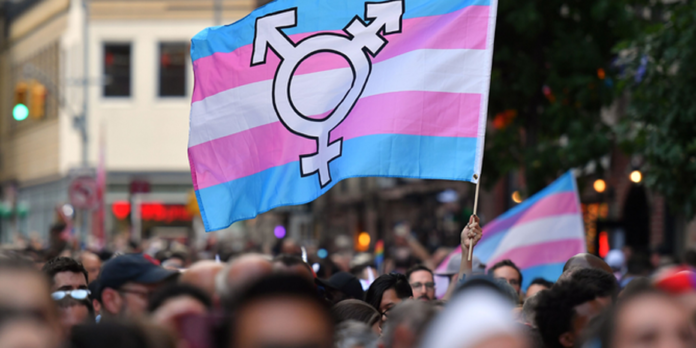20 November – Transgender day of remembrance
by Charlie Taylor
Every year on the 20th of November we remember and memorialise the lives of the transgender people who have been murdered as a result of transphobia. Transgender Day of Remembrance began in 1999, in order to honour black trans woman, Rita Hester, who was a loved member of the Boston queer community and was murdered. On this day it is customary to read a list of the names of the trans people whose lives have been taken due to transphobic violence. This custom remembers their lives and is a sombre reminder of the continuous violence that transgender people face.

This list does not include those people who have taken or lost their lives due to the system which marginalises them. Being transgender today often comes with not only a social stigma but with threats to their safety and lives. The world is experiencing record high levels of violence, especially deadly violence, towards transgender people, as well as high levels of unemployment and housing discrimination. According to a US study, transgender people aged 15 to 25 years old are 15 times more likely to attempt suicide than the general population.
Trans people are more likely to be discriminated against in the workplace. A study found that transgender adults in the US were 2 times more likely to be unemployed compared to the general population. They also found that most trans people were not comfortable being out to their employer due to fear of workplace discrimination. Transgender people also experience poverty at elevated rates, with black trans women making up the majority of those trans people living in poverty. Homelessness is also a critical issue for trans people.
Many transgender people require transition related medical care which is often inaccessible, because it is too expensive and not covered by social security or simply because in some countries it is illegal. There are often extraordinary wait times for as long as 4 years, which have been exacerbated by the covid-19 pandemic. A recent UK report stated that 1 in 7 transgender people have been refused help from a doctor because they are transgender. This is particularly startling given that a disproportionally greater proportion of transgender people suffer from mental health problems and are often seeking mental health, reproductive and transition related care.
Violence against transgender people stems from a system which benefits from dividing working class people along the lines of gender, sexuality and race. This discrimination is a part of the exploitation of the working class and its requirements for us to be divided. Transgender people are often characterised as abnormal and inferior, even by politicians or public figures, which of course is a way to normalise and legitimise violence, mistreatment and discrimination against them. Discrimination due to people’s gender identities needs to be fought by mobilising people into action. The biggest gains for LGBTQ+ people have been won through mass mobilisation and struggle. But the trans community cannot fight alone. To win the gains that trans people need, we need to fight and work along side people who need the same things that trans people need, affordable and secure public housing, protections in the work place and access to Medicare which includes mental health care, reproductive services and transition related services. There is a high degree of commonality in the transgender movement, the women’s movement and other social movements. But all these movements have a common denominator, the workers’ movement, which should adopt the transgender and other social movements’ demands. Solidarity among workers is not only about common struggles, but also about fighting against discrimination and injustice done to the other communities. Common demonstrations, mobilisations and strikes are our greatest weapons in this battle.
In order to be free from violence against transgender people we need to build a society based on our solidarity with each other rather than exploitation from a capitalist class. To gain this freedom, and to express ourselves fully, we need to transform society from capitalism to socialism. Through the solidarity of LGBTQ+ people, working class people and the youth we can build movements to fight discrimination and violence along all lines of difference. Through the collaboration of these movements we can struggle against the capitalist system which exploits us all.













